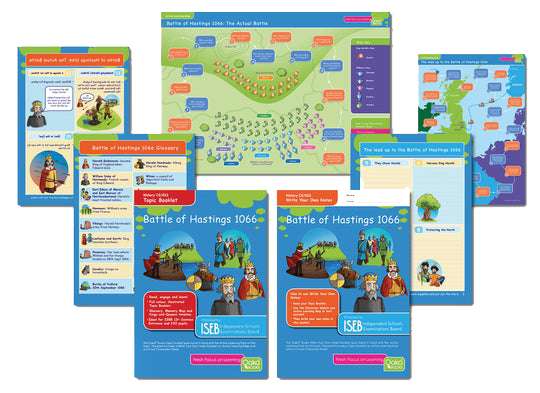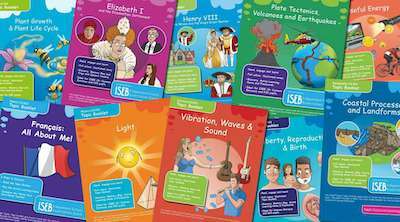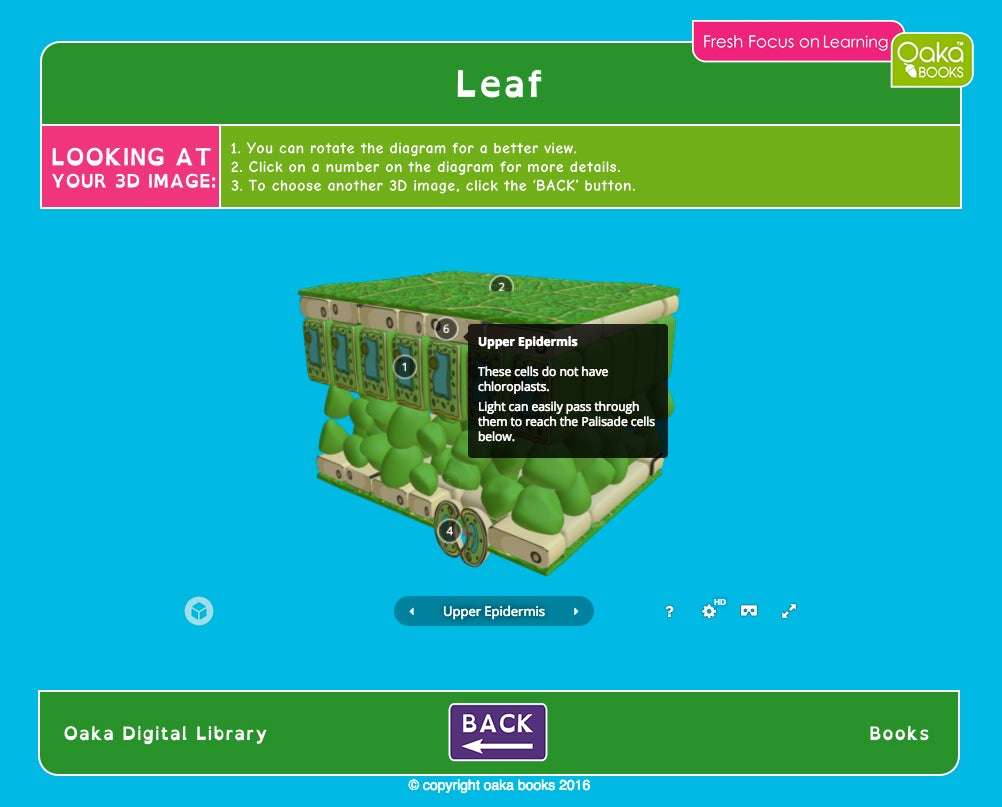Are you set in your ways or looking for ways to improve? Identifying the mindset of your child is a useful technique to employ at the beginning of the year. Understanding what makes your child tick is essential. It will not only make your life easier, as a parent or home educator, but will help…
Forming conclusions is one of the most satisfying parts of an essay. Here, you’ll wrap your points into a short, neat, concise summary. You’ll need to do this regularly throughout the essay as part of your PEE (point, evidence, evaluation). Some vocabulary you can use to state conclusions includes: In conclusion In short To summarise…
It’s often necessary to state the consequences of events. This applies to virtually all subjects, e.g. there could be a consequence of a scientific theory, a historical event, a political decision, etc. The vocabulary you can use to state consequences includes: Therefore Accordingly Consequently As a consequence For this reason This is why This is…
Not all points and evidence are made equal. While the essay writer’s job is to compare and contrast points fairly and objectively, they also have to assign weight to stronger arguments. Also, some points are worth emphasising to aid comparisons. At some point, you’ll probably need to re-highlight key information from earlier to interweave your…
We’ve touched on this a few times, but essays are about comparing and contrasting various viewpoints, perspectives, evidence, facts, figures, etc. There’s no one-size-fits-all approach, so you’ll have to judge how you compare and contrast arguments. Different subjects and topics demand different levels of critique and analysis. For example, some topics are heavily debated with…
Once you’ve produced the key arguments along with supporting evidence, facts, figures, quotes, etc, you’ll need to start summarising your results. Again, weaving concepts and ideas together should help you form a cohesive passage that naturally points towards a conclusion. Remember, the purpose of the essay is to draw upon multiple sources, and you may…
Essays are about comparing and contrasting views, ideas, concepts and arguments. You can use a single argument or piece of information to write a good essay – you must provide a balanced perspective. When providing examples, you’ll often need to provide alternative examples. You can only obtain a robust, objective analysis by factoring in multiple…
Providing examples is essential for all subjects. For example, in geography, you may wish to explain a certain process (e.g. erosion) with reference to a real-life example, whether that be a river, glacier or something else. The same goes for human geography, where you can reference a phenomenon (e.g. urbanisation) to a real-life example (e.g….
As discussed, many topics require multiple views from different sources. Sources range from large institutions to individual commentators. The vast majority of subjects involve multiple viewpoints – you’ll always find believers and sceptics! As the essay writer, your job is to provide a balanced discussion representing multiple viewpoints, including those you don’t necessarily agree with…
Quotes are pivotal to a well-constructed essay in specific subjects like history and English. You don’t need many quotes to upgrade the quality of your essay either, and they’ll help you justify your arguments, making the writing more convincing. Quotes might originate from someone who observed events first-hand, i.e. primary sources (common in history), or…




